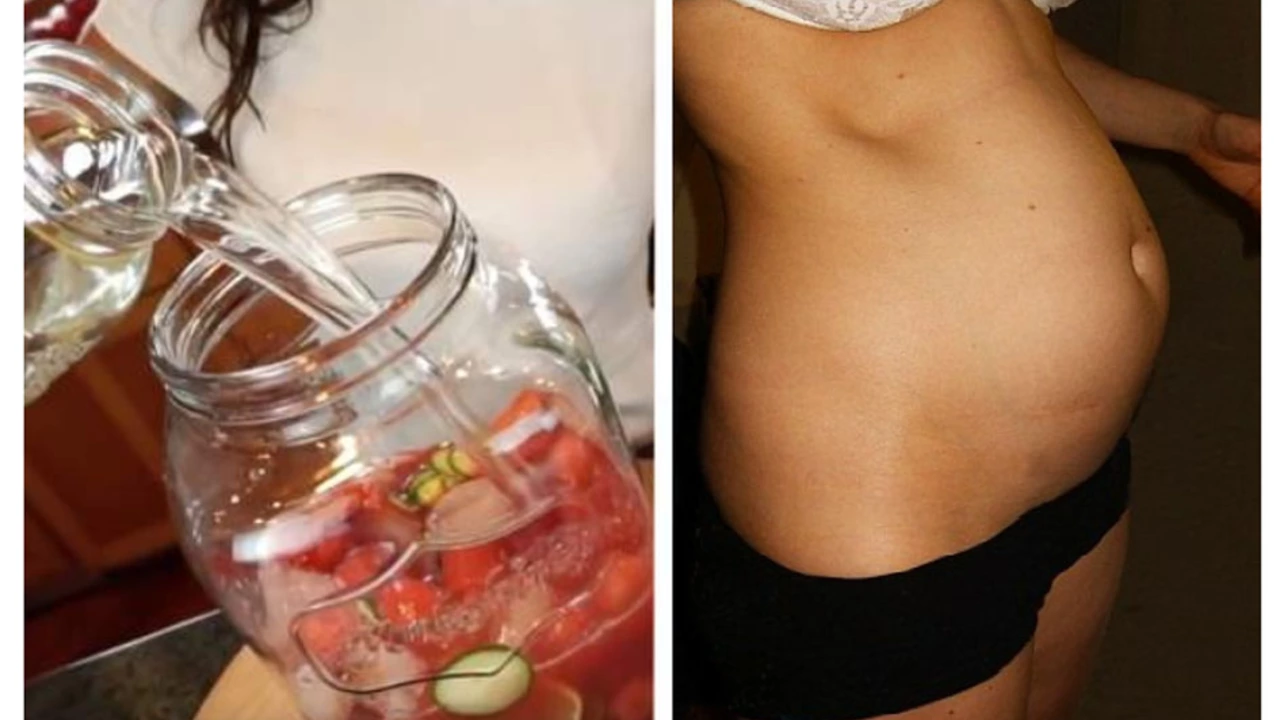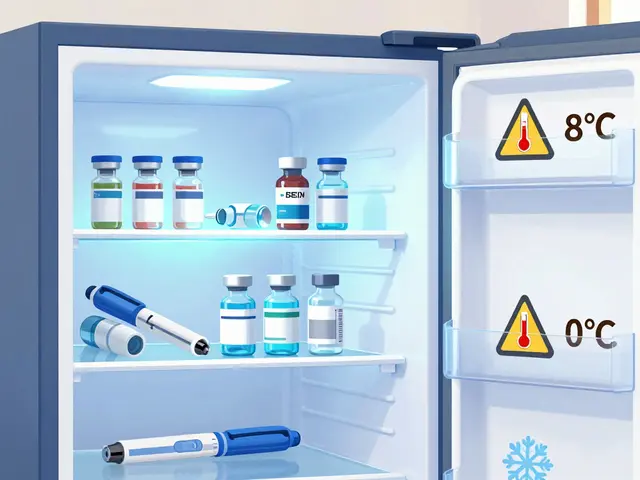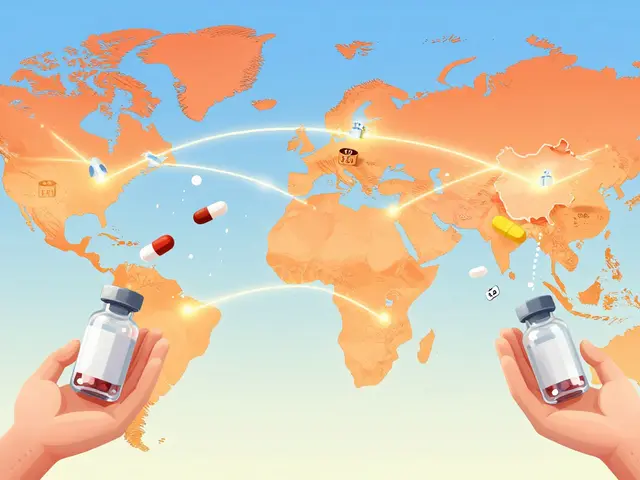Period bloating: why it happens and what actually helps
Bloating before or during your period is normal, but that doesn’t mean you have to suffer through it. You might feel puffy, gassy, or like your pants are tighter. That comes from hormones, water retention, digestion changes, and sometimes diet. Below are clear, useful steps you can try right away.
Simple causes to understand
Progesterone and estrogen shift through your cycle. Those shifts can slow digestion and make your body hold extra fluid. Cramping can also change how your gut moves, so you feel bloated and gassy. If you often eat salty food, carbonated drinks, or large meals before your period, that can add to the swelling. Stress and lack of sleep make symptoms worse, too.
Quick at-home fixes that help most people
Cut salt and processed foods 48 hours before your period to reduce water retention. Swap soda for water and sip throughout the day—hydration helps your body stop hoarding fluid. Eat smaller, more frequent meals; big meals can stretch your stomach and make bloating worse. Avoid obvious gassy foods like beans, broccoli, cabbage, and too much sugar right before your period.
Try light exercise: a 20–30 minute walk or gentle yoga eases cramps and moves gas through the gut. Heat on your lower belly relaxes muscles and can reduce the feeling of tightness. Over-the-counter anti-inflammatories like ibuprofen can relieve cramps and indirectly ease bloating by reducing muscle spasm. For trapped gas, simethicone or an activated charcoal product sometimes helps, but check with a pharmacist if you’re on other meds.
Natural options that some people find useful: ginger tea for digestion, peppermint tea for gas, and small amounts of potassium-rich foods (banana, spinach) to help balance sodium. Magnesium supplements can reduce bloating for some women, but try low doses first and talk to your doctor if you take other meds.
Longer-term strategies
Track your symptoms for two or three cycles. Note what you eat, when the bloating starts, and what helps. If bloating lines up with gas and loose stools, consider a short low-FODMAP trial to see if IBS is involved. If it’s mostly water retention, reduce caffeine and processed salt and focus on steady hydration and exercise year-round.
When to see a doctor
See a clinician if bloating is sudden, severe, or lasts more than two weeks after your period. Also get checked if you have unexplained weight gain, vomiting, fever, blood in stool, or very heavy or irregular bleeding. Persistent monthly bloating that disrupts life might come from conditions like endometriosis, fibroids, ovarian cysts, or IBS—and those need a proper evaluation.
Small changes—less salt, more water, gentle movement, and tracking—solve most cases. If self-care doesn’t help, book an appointment and bring your symptom notes. That makes the next steps faster and more useful.
In my latest blog post, I've shared some effective tips and tricks to help you conquer bloating during your period. I discussed the importance of staying hydrated, reducing sodium intake, and prioritizing exercise to keep bloating at bay. I also highlighted the role of a balanced diet, especially incorporating foods rich in potassium and fiber. Additionally, I talked about the benefits of over-the-counter remedies and when it might be necessary to seek medical advice. So, if you're someone who struggles with period bloat, my post is filled with practical advice to ease your discomfort.



